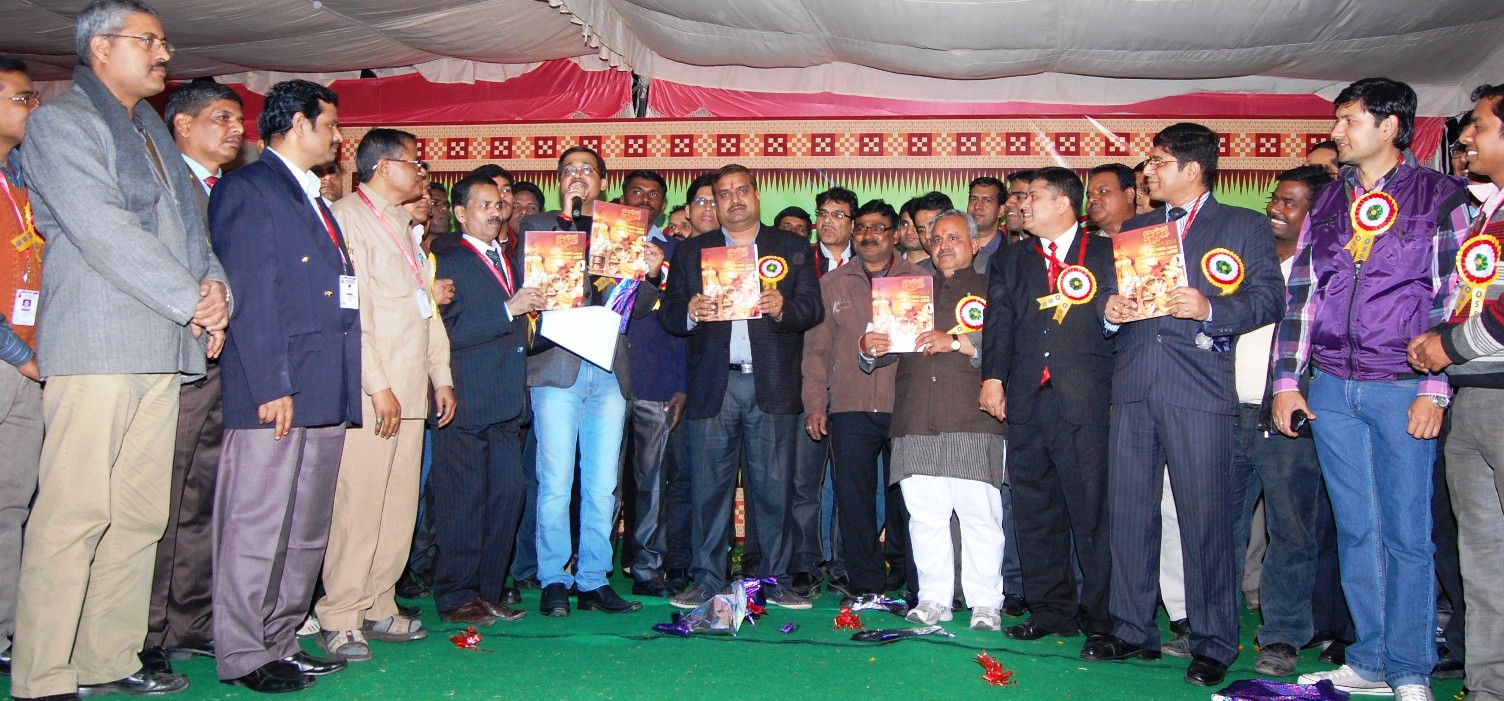Mentality of Betting: Why People Become Involved in Gaming Activities and How It Modifies Their Habits
Wagering in Karavan bet casino giri? is a prevalent endeavor that encompasses societies and age groups, drawing in individuals from all walks of life. Understanding the mindset behind why persons involve themselves in wagering and how it impacts their responses is indispensable for both persons and public domains. This exploration studies into the drives, cognitive frameworks , and behavioral expressions affiliated with gaming.
Incentives for Gambling Karavanbet
Persons are drawn to betting for multifarious causes, ranging from the stimulation of adventurous behavior to the attraction of conceivable financial benefits. Some of the leading triggers represent:
- Thrill and Amusement: The variable quality of wagering grants a burst of endorphins and euphoria, rendering it an entertaining diversion for many.
- Financial Gain: The potential of achieving immense wealth sums functions as a considerable stimulus, prompting persons to engage in gambling contests.
- Social Interaction: Wagering often happens in social scenarios, such as gaming locations or gaming tournaments, establishing a group cohesion and solidarity among players.
- Escaping Reality: For some, gambling delivers a brief respite from everyday pressures and personal obstacles, providing a break from actual life difficulties.
- Challenge and Ability: Some forms of betting, like baccarat, need strategic decisions and mastery, magnetizing to those who love intellectual challenges.
Mental Triggers in Risk-taking
The activity of gaming invokes countless mental mechanisms that can affect responses and decision-making activities:
Reward System Activation Process: Gambling stimulates the brain’s pleasure circuits, triggering dopamine chemicals, a neurochemical compound linked with elation and strengthening. This neurochemical response confirms the impulse to continue gaming Karavanbet.
Cognitive Shortcuts: Wagerers often display thinking errors, such as the illusion of dominance, where they suppose they can manipulate chance results, and the gambler’s false belief, the mistaken belief that previous events sway future likelihoods.
Risk Recognition: People vary in their perception of uncertainty and boon, altering their propensity to partake in in gambling. A few may discount the risks against them, instigating greater betting behavior.
Behavior Ramifications of Betting
While wagering can be a wellspring of pleasure and interaction, it also has remarkable conduct-oriented results , both fruitful and unpleasant:
Constructive Impacts Karavanbet gaming: For some, wagering affords a fun and interactive entertainment that upgrades social liaisons and offers a sense of expertise when conquests occur. It can also promote cognitive capacities like strategic techniques and decision-making strategies.
Unfavorable Repercussions : Extreme gaming can result in a panoply of of unlucky negative results, including economic troubles, strained liaisons, and psychological ailments such as worry, and misery.
Betting addiction, or wagering addiction, is noted as an overwhelming urge to bet despite harmful consequences, often demanding professional intervention.
Behavioral Styles : Ongoing wagerers may form certain behavioral indicators , such as recovering deficits by continuing to engage in betting in an effort to offset prior losses . This can lead to a self-perpetuating cycle of mounting debt and psychological distress.
The psychological aspects of gaming is a multilayered interaction of motivating factors, cognitive mechanisms, and behavioral outcomes . While wagering can deliver vivacity, social engagement, and the rush of conceivable rewards, it also poses risks of compulsion and negative life impacts . Comprehending these mental aspects is essential for initiating effective prevention and treatment systems for betting complications . By augmenting knowledge and advocating responsible gaming behaviors, individuals can appreciate the entertainment benefits of gaming while abating its potential injurious effects.

















